The rise of the democracy beat, powered by policy
The year ahead will find the embattled news industry more willing to welcome government support, while journalists and scholars from all corners redouble their efforts to strengthen our democracy.
Publishers will be more comfortable with regulations and policies taking shape to provide aid to communities hard hit by pandemic fallout and damaged media economies, while more jobs and programs will focus on threats to democracy caused by an enfeebled and often-distrusted press.
More bipartisan legislators will back elements that support local news now folded into the Build Back Better package. Newly empowered anti-monopolists at the Federal Trade Commission and Justice Department signal tougher enforcement facing the duopoly and vulture capitalists, as Report for America’s Steve Waldman explained in November.
More voting Americans have come to recognize the damage done to our democracy with fewer professionals employed as fact-based journalists, as evidenced by the Swedish-based International Institute for Democracy and Electoral Assistance report that the United States for the first time is a democracy in decline.
I’m not Pollyannish enough to expect our original united nationalistic belief in democracy will bring together left and right in the year ahead. But I expect more institutions and journalistic enterprises to build on efforts to protect democracy.
In the course of the past year, my Covid-dampened spirits rose in noticing job posts like a ProPublica listing for a democracy reporter, Gannett’s pursuit of watchdogs and a fact-check specialist, FiveThirtyEight seeking a senior politics reporter focused on “telling authoritative stories about American democracy, the electorate and the larger trends changing each,“ and Politico needing an editor to lead coverage “of the political and policy collisions between government and the tech industry as Silicon Valley upends the norms of society, business, and democracy.”
I expect that trend to continue, emphasizing impactful reporting, greater incorporation of solutions journalism, and recognition that journalism needs to be substantial for consumers to want to support it with their dollars or attention. Hence, expect further media Darwinism, in a tight media economy made more difficult by Facebook’s and Google’s ironclad grip on advertising, which will continue to leave too little ad revenue for news publishers.
I’m hopeful aspiring scholars and policy analysts flock to programs like those at American University’s School of Communication, which is now offering doctoral and master’s degrees in Media, Technology and Democracy and hunting for another professor. Meanwhile, Syracuse wants a professor focused on journalism, trust, and democracy for its broad initiative on citizenship and democratic institutions, and several other academic listservs are quite focused on the same.
I look forward to more think tanks, like the one I run as part of the Knight Research Network, focusing on thorny problems at the intersection of tech, media, and democracy. As another example of a nonprofit organization focused on similar issues, the Brennan Center for Justice sought to fill slots for a researcher and associate for its democracy program.
I’m grateful for every jab as the world tries to move on from this pandemic, and ironically, the rather positive side effect of economic trauma that’s created a greater sense of urgency for change within the media industry.
In his Nieman Lab prediction four years ago, forward-thinking philanthropist Craig Newmark predicted that “2018 will be the year of solutions from news organizations, tech platforms, and consumers.” It’s sad that it took a global catastrophe to spark action on good ideas that have been discussed since newspapers began to decline so precipitously more than a decade ago. At least we can be grateful that in 2022 more news organizations will embrace greater community involvement, transparency, and innovation, even if they come in the form of subsidies.
Accepting government support, however indirect, is an unsettling idea for those journalists who recoil at any connection between church and state. But consider a statement in The New York Times by Storm Lake Times Pulitzer winner Art Cullen, recently celebrated in a PBS documentary: “I’ve been skeptical of things like local tax levies or direct federal subsidy…but on the other hand, we need help and take it everywhere I can get it.”
In the year ahead, our industry — and our democracy — needs open minds and open hands, powered by policies and laser-focus on the service journalists provide to our nation and our communities.
Jody Brannon directs the Center for Journalism & Liberty at the Open Markets Institute.

The year ahead will find the embattled news industry more willing to welcome government support, while journalists and scholars from all corners redouble their efforts to strengthen our democracy.
Publishers will be more comfortable with regulations and policies taking shape to provide aid to communities hard hit by pandemic fallout and damaged media economies, while more jobs and programs will focus on threats to democracy caused by an enfeebled and often-distrusted press.
More bipartisan legislators will back elements that support local news now folded into the Build Back Better package. Newly empowered anti-monopolists at the Federal Trade Commission and Justice Department signal tougher enforcement facing the duopoly and vulture capitalists, as Report for America’s Steve Waldman explained in November.
More voting Americans have come to recognize the damage done to our democracy with fewer professionals employed as fact-based journalists, as evidenced by the Swedish-based International Institute for Democracy and Electoral Assistance report that the United States for the first time is a democracy in decline.
I’m not Pollyannish enough to expect our original united nationalistic belief in democracy will bring together left and right in the year ahead. But I expect more institutions and journalistic enterprises to build on efforts to protect democracy.
In the course of the past year, my Covid-dampened spirits rose in noticing job posts like a ProPublica listing for a democracy reporter, Gannett’s pursuit of watchdogs and a fact-check specialist, FiveThirtyEight seeking a senior politics reporter focused on “telling authoritative stories about American democracy, the electorate and the larger trends changing each,“ and Politico needing an editor to lead coverage “of the political and policy collisions between government and the tech industry as Silicon Valley upends the norms of society, business, and democracy.”
I expect that trend to continue, emphasizing impactful reporting, greater incorporation of solutions journalism, and recognition that journalism needs to be substantial for consumers to want to support it with their dollars or attention. Hence, expect further media Darwinism, in a tight media economy made more difficult by Facebook’s and Google’s ironclad grip on advertising, which will continue to leave too little ad revenue for news publishers.
I’m hopeful aspiring scholars and policy analysts flock to programs like those at American University’s School of Communication, which is now offering doctoral and master’s degrees in Media, Technology and Democracy and hunting for another professor. Meanwhile, Syracuse wants a professor focused on journalism, trust, and democracy for its broad initiative on citizenship and democratic institutions, and several other academic listservs are quite focused on the same.
I look forward to more think tanks, like the one I run as part of the Knight Research Network, focusing on thorny problems at the intersection of tech, media, and democracy. As another example of a nonprofit organization focused on similar issues, the Brennan Center for Justice sought to fill slots for a researcher and associate for its democracy program.
I’m grateful for every jab as the world tries to move on from this pandemic, and ironically, the rather positive side effect of economic trauma that’s created a greater sense of urgency for change within the media industry.
In his Nieman Lab prediction four years ago, forward-thinking philanthropist Craig Newmark predicted that “2018 will be the year of solutions from news organizations, tech platforms, and consumers.” It’s sad that it took a global catastrophe to spark action on good ideas that have been discussed since newspapers began to decline so precipitously more than a decade ago. At least we can be grateful that in 2022 more news organizations will embrace greater community involvement, transparency, and innovation, even if they come in the form of subsidies.
Accepting government support, however indirect, is an unsettling idea for those journalists who recoil at any connection between church and state. But consider a statement in The New York Times by Storm Lake Times Pulitzer winner Art Cullen, recently celebrated in a PBS documentary: “I’ve been skeptical of things like local tax levies or direct federal subsidy…but on the other hand, we need help and take it everywhere I can get it.”
In the year ahead, our industry — and our democracy — needs open minds and open hands, powered by policies and laser-focus on the service journalists provide to our nation and our communities.
Jody Brannon directs the Center for Journalism & Liberty at the Open Markets Institute.
Kristen Muller
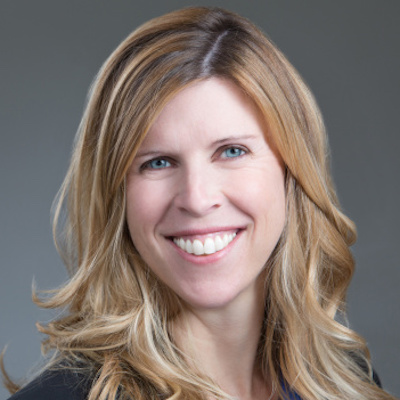
Sarah Stonbely

Ariel Zirulnick

Gabe Schneider

Francesco Zaffarano
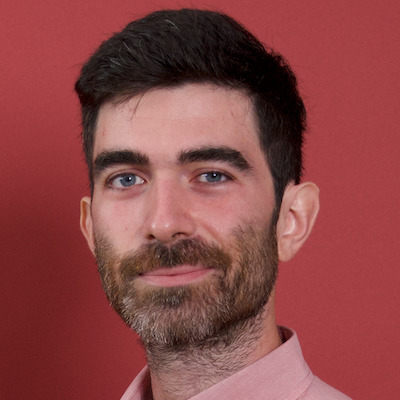
Errin Haines

Gordon Crovitz

Simon Allison

S. Mitra Kalita
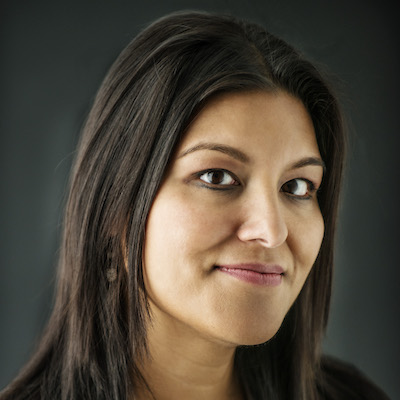
Paul Cheung

James Salanga

Chicas Poderosas

Eric Nuzum

Kathleen Searles Rebekah Trumble

Stefanie Murray

Raney Aronson-Rath
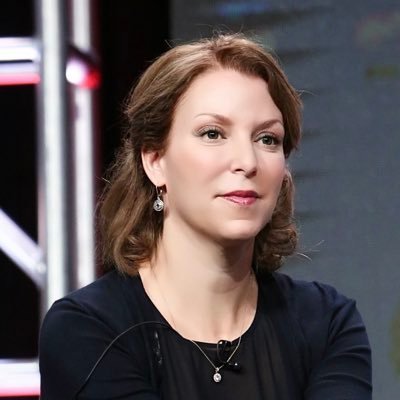
Jonas Kaiser

Laxmi Parthasarathy
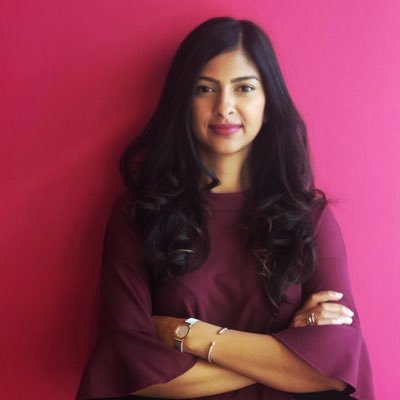
Zizi Papacharissi
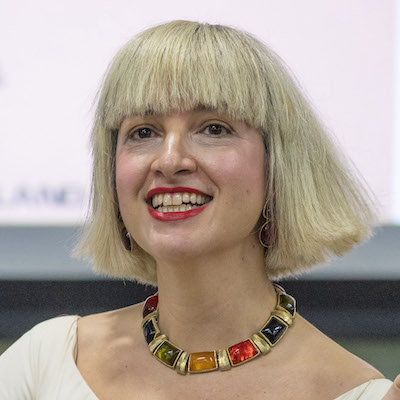
Jesenia De Moya Correa
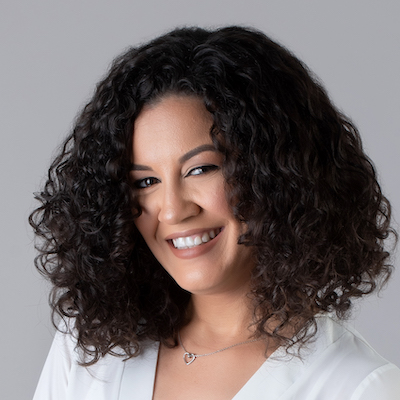
Jennifer Brandel

j. Siguru Wahutu
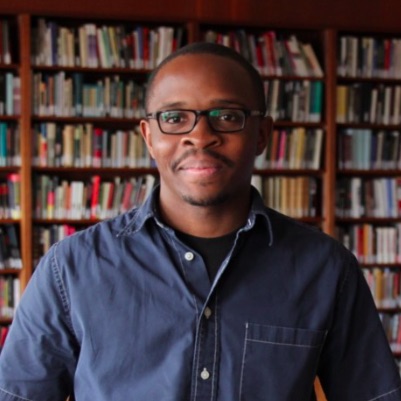
Melody Kramer

Chase Davis

Joe Amditis

A.J. Bauer

Amara Aguilar

Jody Brannon

Richard Tofel

Don Day

Victor Pickard

Juleyka Lantigua

Shannon McGregor Carolyn Schmitt

Mary Walter-Brown

Joanne McNeil

Tamar Charney
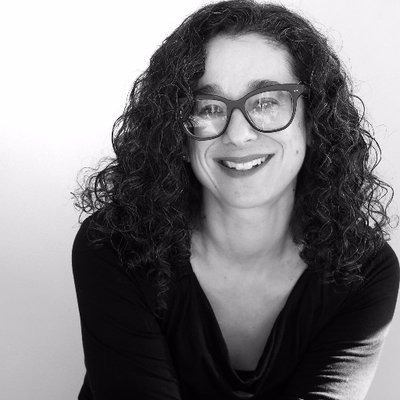
Izabella Kaminska
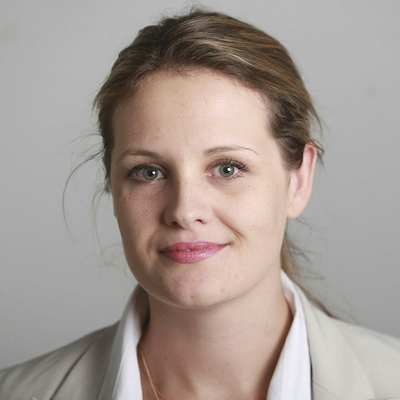
Andrew Freedman

Anita Varma

Meena Thiruvengadam
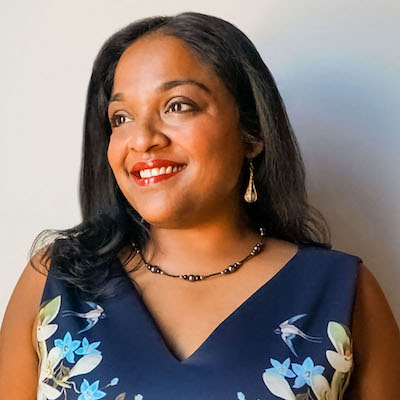
Cindy Royal

Cherian George
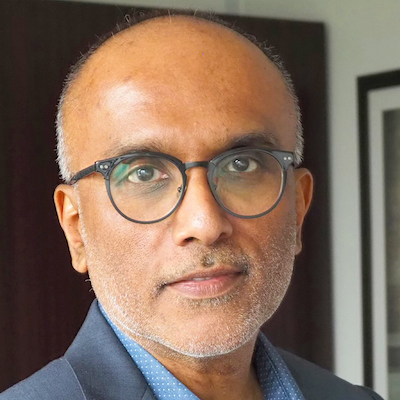
Daniel Eilemberg
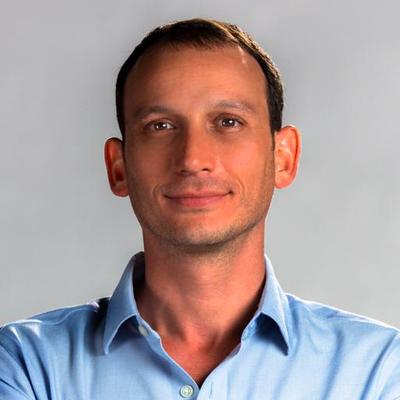
Mario García
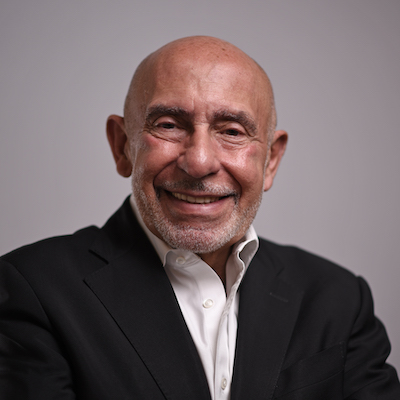
Joni Deutsch

Julia Munslow

Whitney Phillips

Moreno Cruz Osório

Anika Anand

Michael W. Wagner

Mike Rispoli
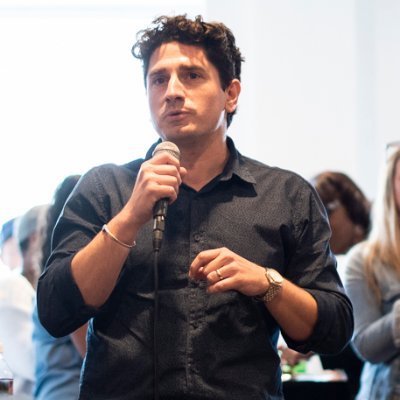
Millie Tran

Matt Karolian
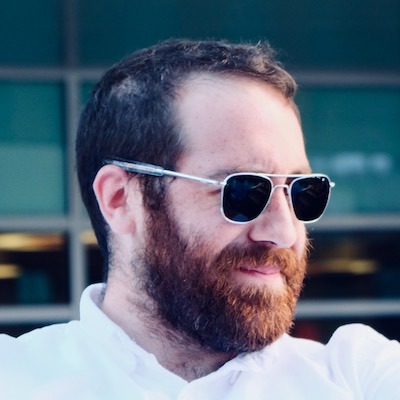
Gonzalo del Peon

Larry Ryckman

Kristen Jeffers
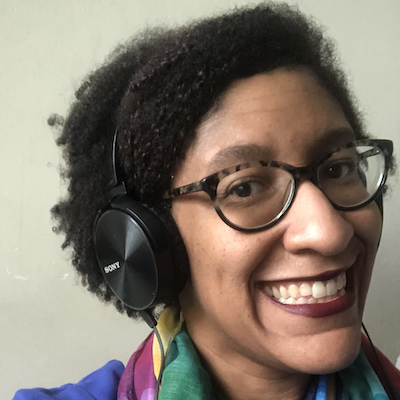
Natalia Viana

Joy Mayer

Joshua P. Darr

Julia Angwin

Nik Usher

Rasmus Kleis Nielsen

Kerri Hoffman
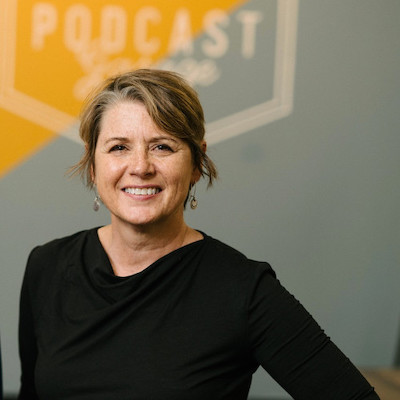
Candace Amos
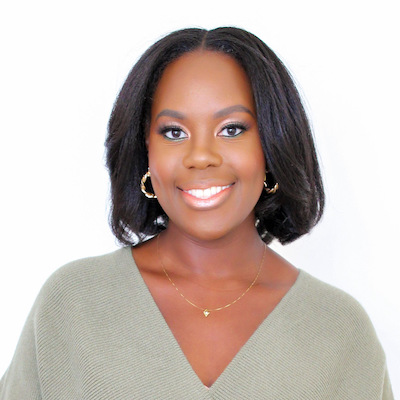
Jesse Holcomb

Mandy Jenkins

Brian Moritz

AX Mina

Anthony Nadler

Jennifer Coogan

Christina Shih

David Skok
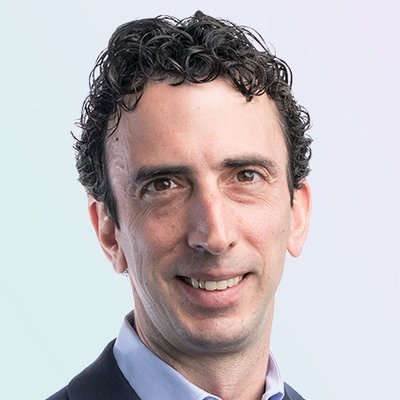
Tony Baranowski

Christoph Mergerson
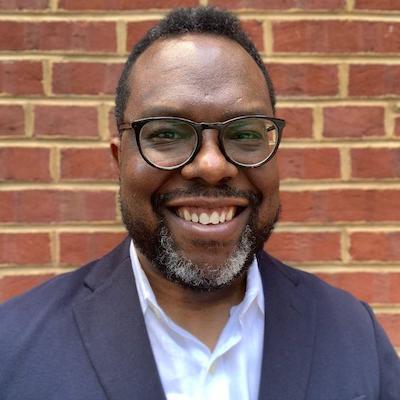
James Green

Kendra Pierre-Louis

Matt DeRienzo

Alice Antheaume
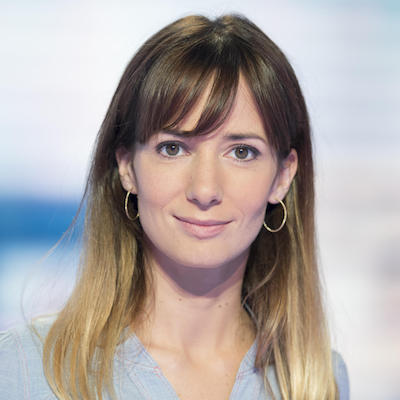
Burt Herman
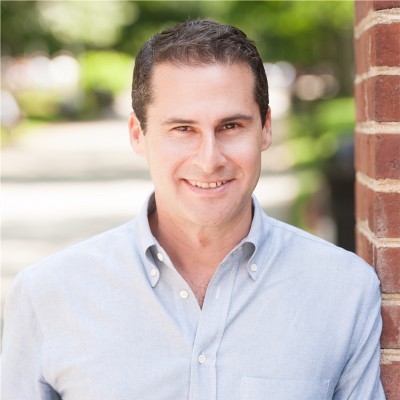
Stephen Fowler

Wilson Liévano
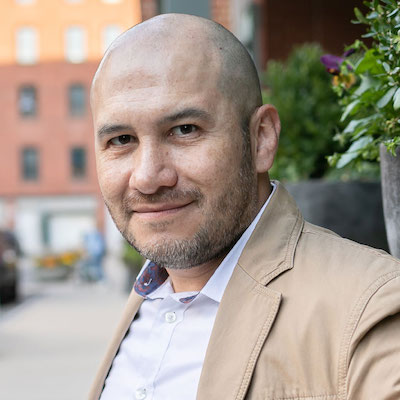
Doris Truong
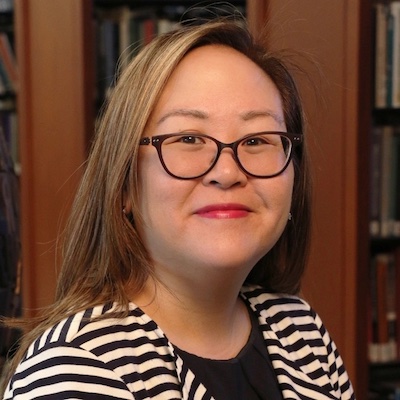
John Davidow

Ståle Grut

Robert Hernandez
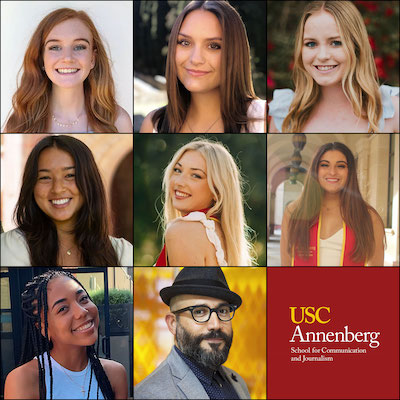
Jim Friedlich
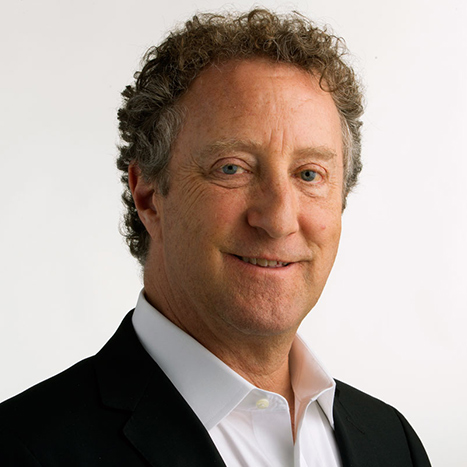
Rachel Glickhouse

David Cohn

Simon Galperin

Catalina Albeanu

Sam Guzik

Shalabh Upadhyay
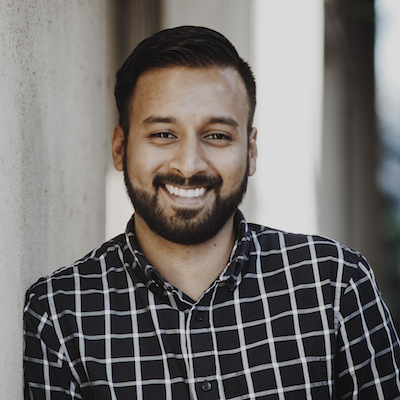
Sarah Marshall

Matthew Pressman

Parker Molloy

Cristina Tardáguila
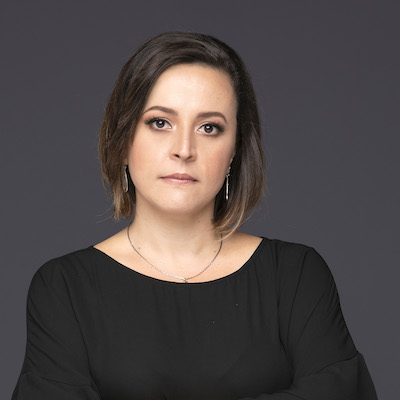
Jessica Clark

Amy Schmitz Weiss
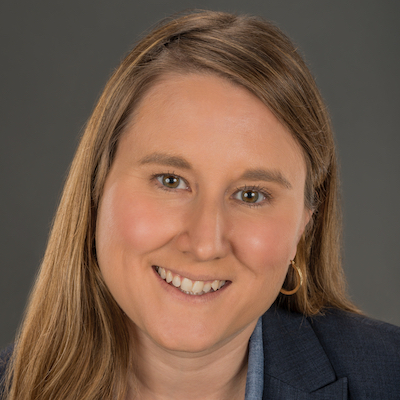
Megan McCarthy

Tom Trewinnard
